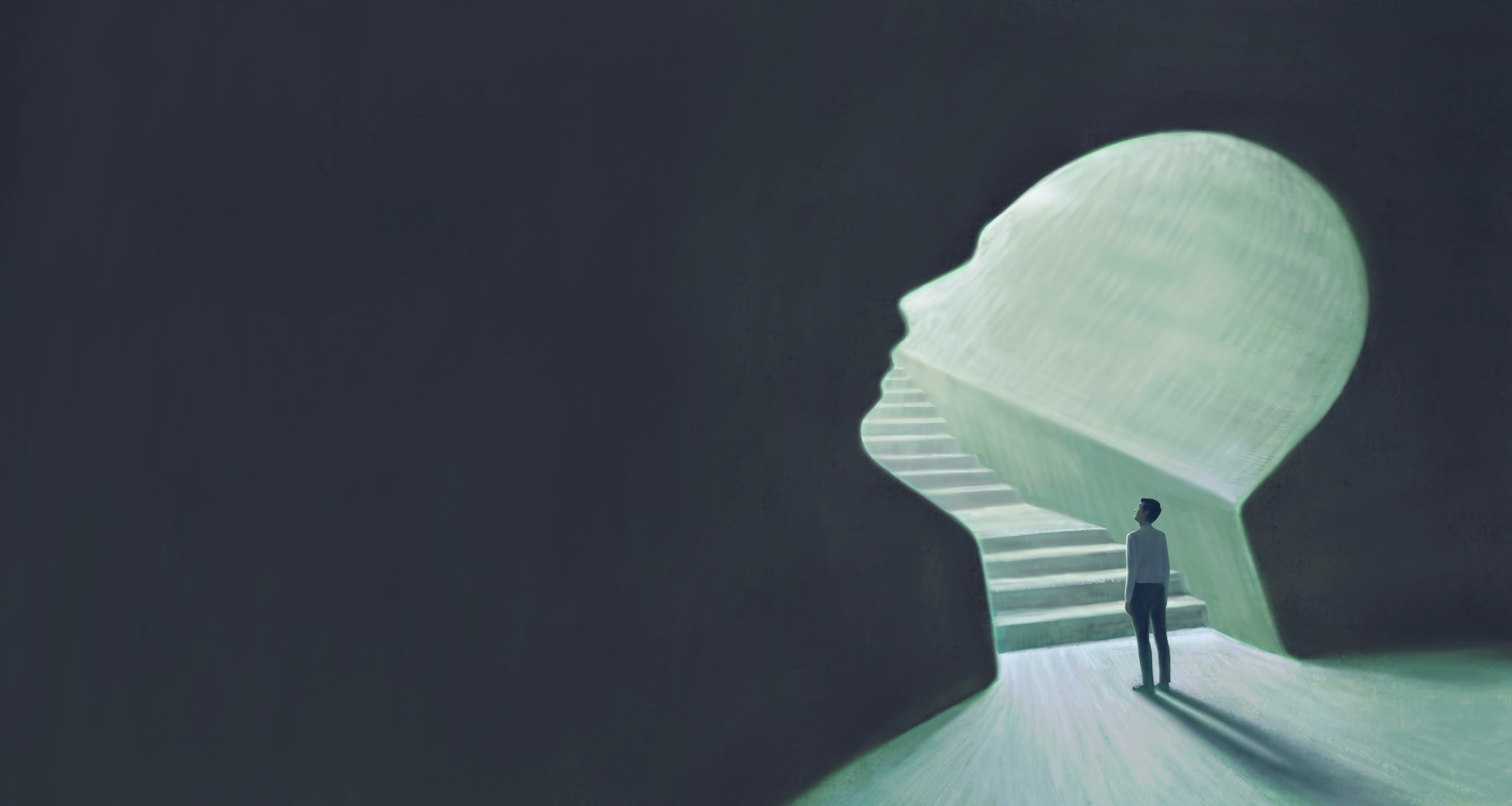Brain Scans Reveal That Loneliness Changes the Way We View the World
Posted on Categories Discover Magazine

Humans are meant to be around one another. It’s been that way for millennia. We needed each other to hunt, construct homes, procreate, care for our offspring and protect one another against the saber-toothed tigers and dire wolves that meant to harm us. We also need each other to be happy and to take up the burdens that sometimes weigh us down. All told, being a human is exceedingly difficult when life is lived alone.
Research shows that socialization is so engrained in our survival that when we’re lonely, it has both psychological and physical effects on us. It even impacts our brains.
Lonely People View the World Differently
An April 2023 study published in Psychological Science found that the brain scans of lonely people had different neurological responses than those who were not lonely. The differences were the most pronounced in the cerebral portion of the brain, known as the default-mode network.
According to study author Elisa Baek, an assistant professor of psychology at the University of Southern California, the default-mode network is the portion of the brain that helps us to integrate both internal and external stimuli and to make sense of our world. “It’s where we process, understand and react to what’s happening around us,” says Baek.
In the study involving 66 first-year college students, researchers found that lonely people had different neural responses from non-lonely people, but they also had different responses from each other, says Baek. “This suggests that lonely people interpret and make sense of the world around them differently.”
The research makes sense because when you’re in a chronic state of loneliness, you’re probably more likely to see the world as more threatening and overwhelming. Other people are resources for us that make nearly every aspect of our lives more pleasant, says Adrienne Wood, an assistant professor of psychology at the University of Virginia.
“There’s all these tangible and intangible ways that having people in our lives makes things easier, and if you don’t have that mental, physical and social support, then the world is going to look more challenging,” says Wood.
Read More: What Happens When Humans Are Extremely Isolated?
Loneliness Isn’t About Isolation, It’s About Your Perception
It’s important to note that being socially isolated isn’t necessarily the main driver of loneliness; it’s how we feel about the people we are around. Social isolation is whether you are physically around others, whereas loneliness, says Wood, “is your perception of that experience.” Do your social experiences and the people that you’re around meet your needs?
For example, if you’re friends with tons of people and you don’t feel connected to any of them, you can still feel lonelier than a person who has only a few friends but feels very connected to those friends.
“We all have different baselines for loneliness,” says Wood. Some people have much less need for socialization. She adds that while some people may seem socially isolated with only a few close friends, “they would not report themselves to be lonely.”
Still, it’s easy to confuse those who are considered introverts and do not really need social connection with those who might need more than they are getting, but as a result of social anxiety or a general fear of rejection, they may end up not getting the socialization that they require. “While some might claim to be introverts, they’re really just afraid of social intimacy,” says Wood.
But whether you’re socially isolated, socially awkward or a true introvert, Wood says that it has become harder to find the connection that we need in this world because daily interactions are less common. We don’t have as many as we used to, for example, at the post office, grocery store, walking the kids to school or living in closer proximity to one another.
Finding social connection has become something that we often have to plan, which in our busy lives can fall through the cracks. But Wood says that those short conversations with people in our daily lives can go a long way to rebuilding connections, which is so important because of its impact on both our physical and mental well-being.